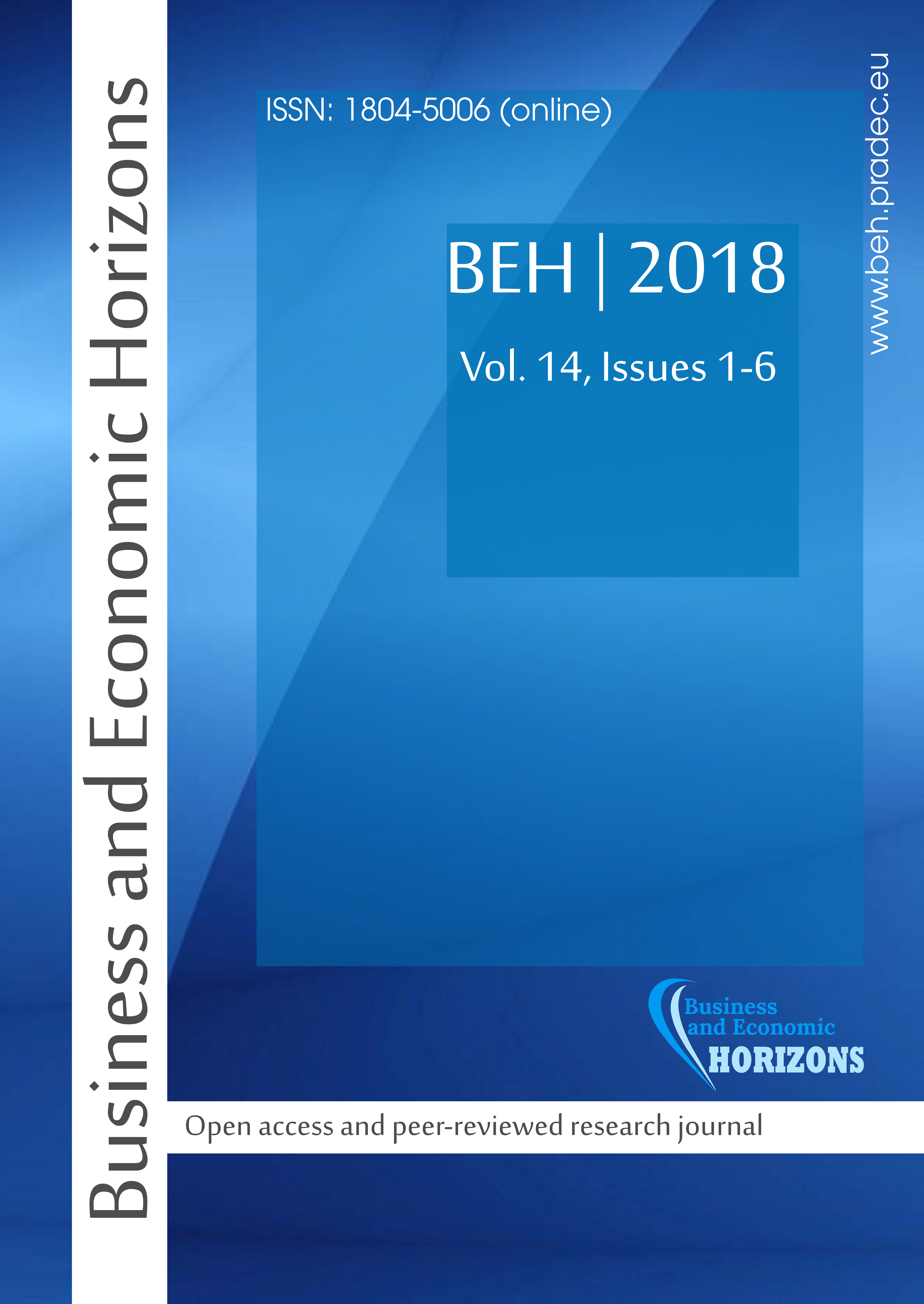Income differences, trade and Institutions: empirical evidence form low and middle-income countries
Income differences, trade and Institutions: empirical evidence form low and middle-income countries
Author(s): Agus Eko Sujianto, Tulus SuryantoSubject(s): Economy
Published by: Prague Development Center
Keywords: Population; investment; political institutions; Human Development Index; economic institutions; GDP
Summary/Abstract: Many developing countries attained high growth rates in different periods but income differences did not reduce significantly in these periods due to increase in income inequalities. Therefore, the key objective of this study was to analyze the relationship between income differences, trade and institutions in developing countries. This study has used panel data of the year 2000 to 2014 to explore the relationship between these variables. This study is based on sampling of two groups; 25 middle income countries and 24 low income countries. Pooled OLS, panel fixed effect and Driscoll and Kraay techniques were used in this study. The results showed the negative relations of imports, a significant role of political institutions and insignificant role of economic institutions in income distribution with GDP per capita among low income and middle-income countries. Moreover, the current study suggested that governments in developing countries should focus upon improving the performance of political and economic institutions in order to improve their prospects of getting investment opportunities.
Journal: Business and Economic Horizons
- Issue Year: 14/2018
- Issue No: 2
- Page Range: 217-228
- Page Count: 12
- Language: English

